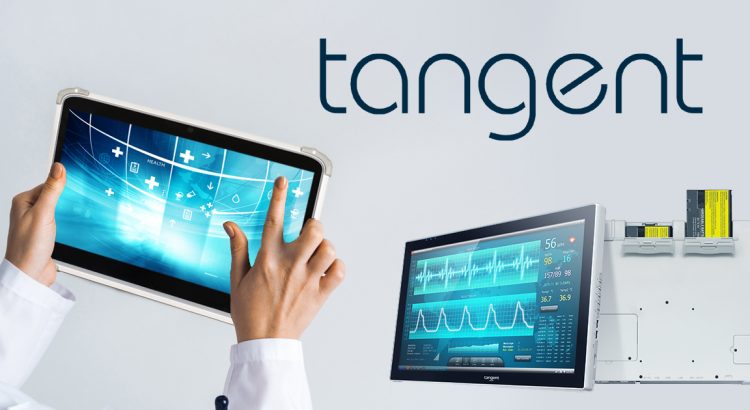While vaccination programs are underway throughout the United States, multiple areas are seeing a worrying rise in both cases and hospitalizations. States along the East coast are struggling to further lower their curves, as case numbers remain stagnant. Hospitals around the country need to remain vigilant in their fight against the pandemic. One of the […]
Category: all-in-one medical computers

4 Uses For Medical Grade Computers In The Hospital
With the United States having administered over 100 million vaccines, an end to the pandemic is not only within sight but actively being approached. The response to this crisis has fallen largely on our nation’s hospitals, who have consistently provided their communities with the quality medical care they need. Hospitals need to remain vigilant during […]
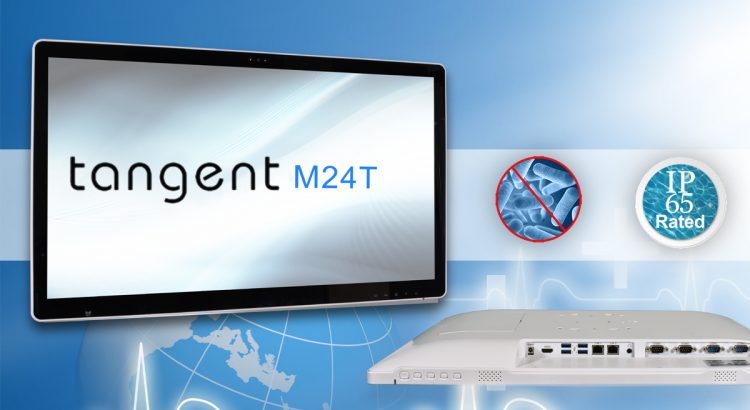
How Can Hospitals Combat Hackers During This Pandemic?
Each and every day, hackers try their best to take down cybersecurity systems around the world, and those of hospitals are no exception. The New York Times has reported that Russian hackers have attempted to steal information on possible vaccines from the U.S. last week. In addition, over 140 high profile figures had their twitter […]
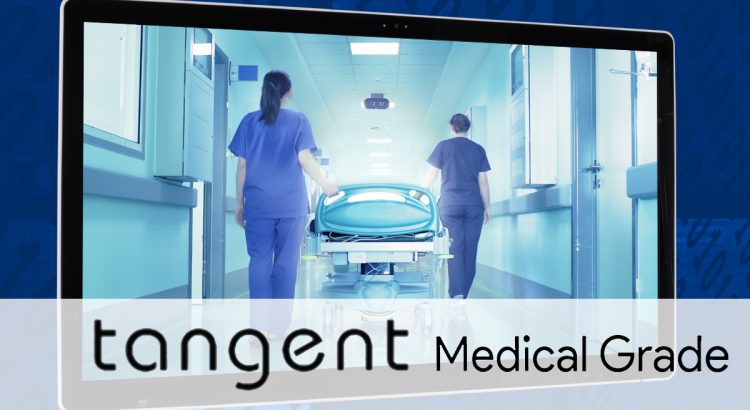
What Is Remote Monitoring On Medical Computers?
There is a lot of talk about telehealth these days, and while it has been a vital tool during this pandemic, there have been other medical computer-based solutions that have been overlooked. One such solution is remote monitoring via medical computers, which can help hospitals continue to treat patients without putting them in harm’s way. […]

Is Virtual Primary Care Possible With Telehealth On Medical Computers?
As we march through this pandemic, the ways in which we live our daily lives have changed drastically. One of these ways is the adoption of telehealth technology for non-essential primary-care visits. In March alone, telehealth visits were up 4346.94% compared to March 2019. The quickly expanding scale of telehealth on medical computers is astonishing, […]

Tangent: Three Ways For Industry To Bounce Back
As the nation looks towards reopening, industrial sectors around the country will need to rethink how they do business. As our economy recovers, it will be at the expense of sectors unwilling to transform the way they operate. Keeping your business looking toward the future is crucial to maintaining a healthy and successful company. To […]
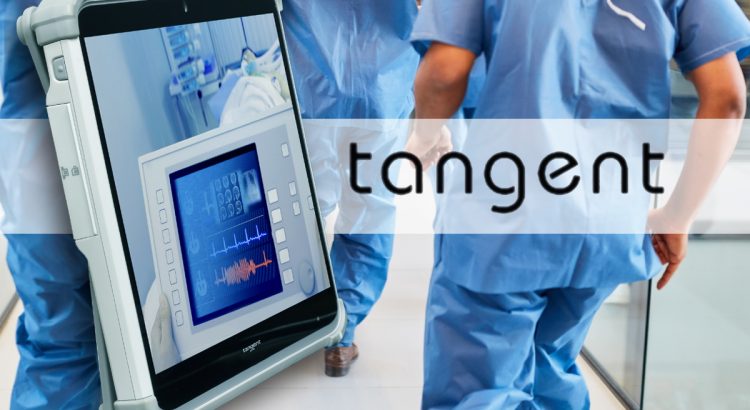
Medical All-In-One PCs For Full Hospital Use
With the country on the path towards reopening, hospitals have begun transitioning their facilities to accommodate regular appointments and patients. But will patients be willing to return to hospitals during this crisis? More patients than ever are seeing their doctors remotely via telemedicine technologies such as Medical All-In-One PCs. In addition, more Americans than ever […]
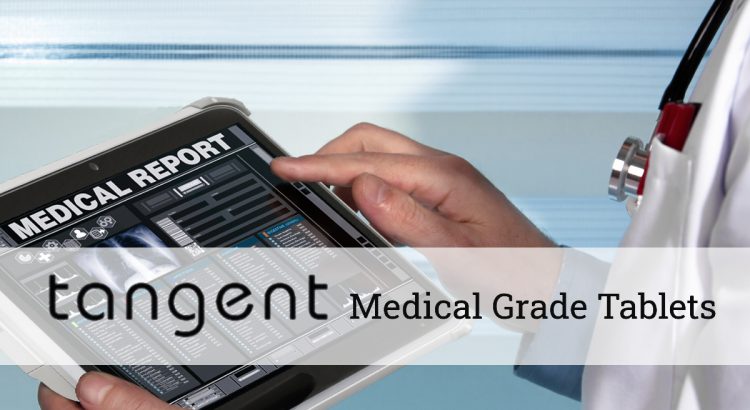
Medical PCs In The Hospital Setting
As the nation reopens, so too will our hospitals. The CDC has recently published guidelines for hospitals on how to go about opening their doors for services such as elective surgeries. As hospitals dealing with massive backlogs begin this process, making sure they have the equipment they need will be crucial. Medical PCs can help […]
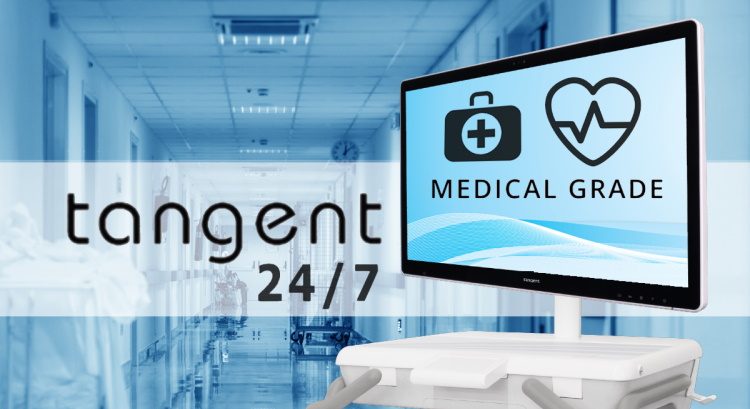
Reducing Frontline Healthcare Worker’s Stress And Anxiety
This crisis has taken a toll on all of us, but frontline healthcare workers have taken the brunt of this crisis. The doctors, nurses, and medical staff protecting the public health are doing so at their own risk. It’s no wonder then why some frontline healthcare facilities are seeing depression symptom rates of 50%. Experts […]

Sanitizable Computers For Nurses Stations
Now more than ever, hospitals and the doctors and nurses that work in them are crucial to our nation’s health. But our medical professionals are finding it hard to get the equipment they need to perform their job in a safe and effective manner. One of the best ways to ensure doctors and nurses have […]
